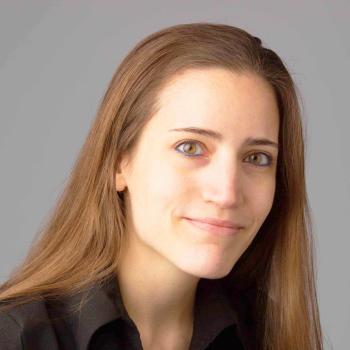Bio
Livnat Jerby is an Assistant Professor in the Department of Genetics at Stanford University, a Chan Zuckerberg Biohub Investigator, and a Paul Allen Distinguished Investigator. Her research focuses on multicellular processes as a disease driver and therapeutic avenue, particularly in the context basic immune functions and properties. Using engineering-based, high-throughput approaches, she aims to gain insights into mechanisms and principles that govern immune responses and develop new "hybrid" platforms across in-vitro/in-vivo/in-silico systems that will allow us to identify tissue remodeling and immunomodulating interventions at an accelerated pace.
As a postdoctoral fellow in Aviv Regev's lab at the Broad Institute of MIT and Harvard, she studied T cell exclusion and dysfunction. Her work identified new mechanisms controlling cellular and tissue immunogenicity and demonstrated the potential of epigenetic reprogramming as a therapeutic modality to overcome immunotherapy resistance in cancer. Dr. Jerby holds a B.Sc. in Computer Science and Biology and obtained her PhD in 2016 from Tel Aviv University, where she worked with Prof. Eytan Ruppin, studying non-linear genetic interactions.
Dr. Jerby joined Stanford University in November 2020. Integrating genetic engineering, single-cell genomics, imaging, and machine learning, her laboratory develops high-throughput systems to study cellular circuits at greater scale, resolution, and depth, aiming to identify new and more diverse immunomodulating mechanisms and interventions and develop strategies to target and engineer endogenous and synthetic immune circuits, with potential implications for disease treatment and prevention.
Dr. Jerby’s research has been generously supported by the Schmidt Family Foundation, Rothschild Foundation, the Cancer Research Institute (CRI), the Burroughs Wellcome Fund (BWF), Ovarian Cancer Research Alliance (OCRA), Paul G. Allen Family Foundation, Bill and Melinda Gates Foundation, and Chan Zuckerberg Biohub initiative.


